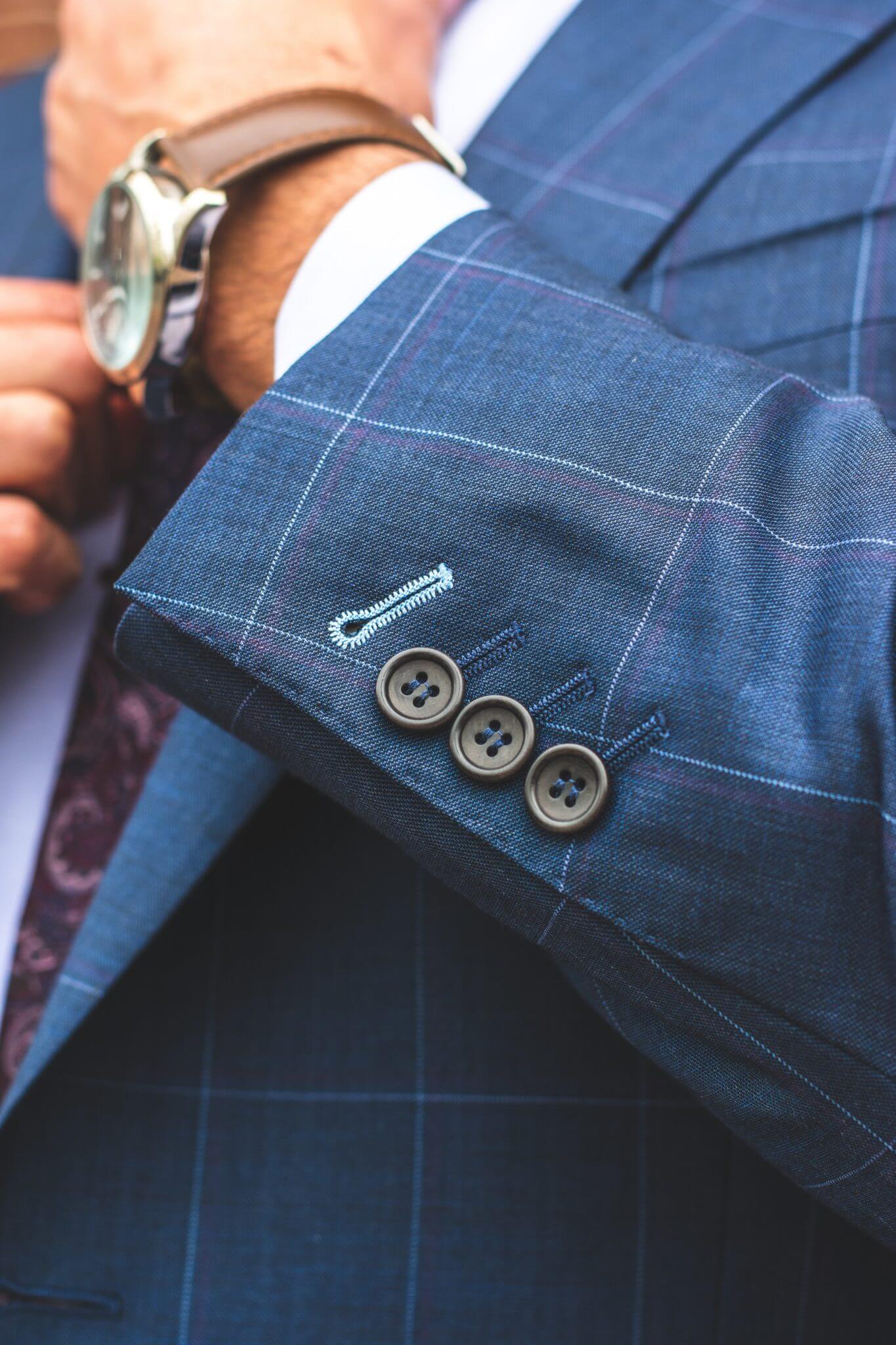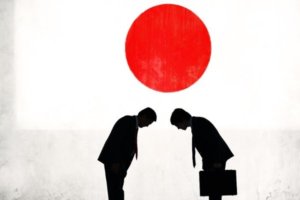Learning how to behave in a business context is essential to stacking all the odds in your favor, but it can also look complex because of all the small details you have not thought of. Here is an explanation of some of them, the ones you should know before meeting Japanese businessmen.
Introduction and Greetings
The first time you meet people, you will have to bow and greet them in a certain way. Usually, you have to shake hands while bowing, but you can also just bow, depending on the habits of the person in front of you. Saying “hello” in Japanese generally leaves a good impression, like knowing how to bow (you can find some explanations and videos about it easily).
| Good morning | Ohayōgozaimas(u) |
| Good afternoon | Konnichiwa |
| Good evening | Konbanwa |
You should also prepare business cards, around 100 for one week if you plan to meet many professionals, with a Japanese translation on one side – ideally, write in English on the other side, but show the Japanese side when you hand them out. Cards are very important since they represent you and your company, so you should pay attention to their quality.

Likewise, if you receive a gift, be sure to take it with both hands and do not open it in public, it will cause embarrassment. You will also notice that the gifts are never in a set of 4 or 9, since these numbers have negative meanings in Japanese (pronounced like “death”, shi, and “suffering”, ku).
Be also conscious that even if you have met someone several times, it does not mean that you have started to develop “business intimacy”. A Japanese businessman can take more than a decade to trust someone, so a good relationship is built over the long term.
Before and During the Meeting

Because the schedule must be followed in Japan, and because it is often tight, try not to be late and call one or two hours before to confirm that you will attend the meeting. It is better to arrive early and leave on time as a sign of respect.
Remember to greet everyone by bowing, and sit in the right seat when they invite you to do so. Indeed, there is a Japanese custom concerning the seating arrangement: the person with the highest status sits next to the meeting leader, the one with the lowest status sits the closest to the door. If you are not comfortable with this custom, you can wait for the Japanese employees to sit down and then do the same thing on the other side of the table.
If you have slides, they should be translated into Japanese and you should detail them – this means that each slide represents an essential point. Print copies of the slides that you can hand out to everyone. It is better to have more copies just in case since it would be considered rude if one of the Japanese employees did not have them.
During Dinner

Many mistakes are made during dinner, when it is an excellent opportunity to build a relationship with the Japanese side. First, it is a good thing to say “itadakimas” before eating, and “gochisosama deshita” after. Plus, take the time to learn how to use the chopsticks properly beforehand and be aware of some rules:
- Do not point someone or something with them
- Do not wave them
- Do not pass food to someone
- Do not stick them into a bowl of rice
- Do not stab food
- Do not play with them, use them to eat only
You should also know that it is okay to make noise when eating in Japan, and it is even a good thing to do to show that you enjoy your meal. Another useful tip is also to go to the restroom if you need to blow your nose during the dinner, or in any other formal setting (but sniffing is an alternative).
These are basic rules about the behavior, but there are also topics you should avoid during dinner, like politics, religion or money (unless someone on the Japanese side starts talking about it).
There are so many customs concerning Japanese etiquette, enough to write an entire book. But to be concise, this is what you should know before meeting someone in a professional setting. Do not stress out if you made a mistake, it is part of the trial-and-error system which will lead you to the understanding of Japanese business etiquette. But if you want to be supported by professionals, feel free to contact us!
Reference:
・https://www.tripsavvy.com/japanese-business-etiquette-1458300
・https://www.venturejapan.com/doing-business-in-japan/secrets-of-japanese-business-etiquette
・https://www.tripsavvy.com/japanese-dining-etiquette-1458301
・https://allabout-japan.com/en/article/2695/

















